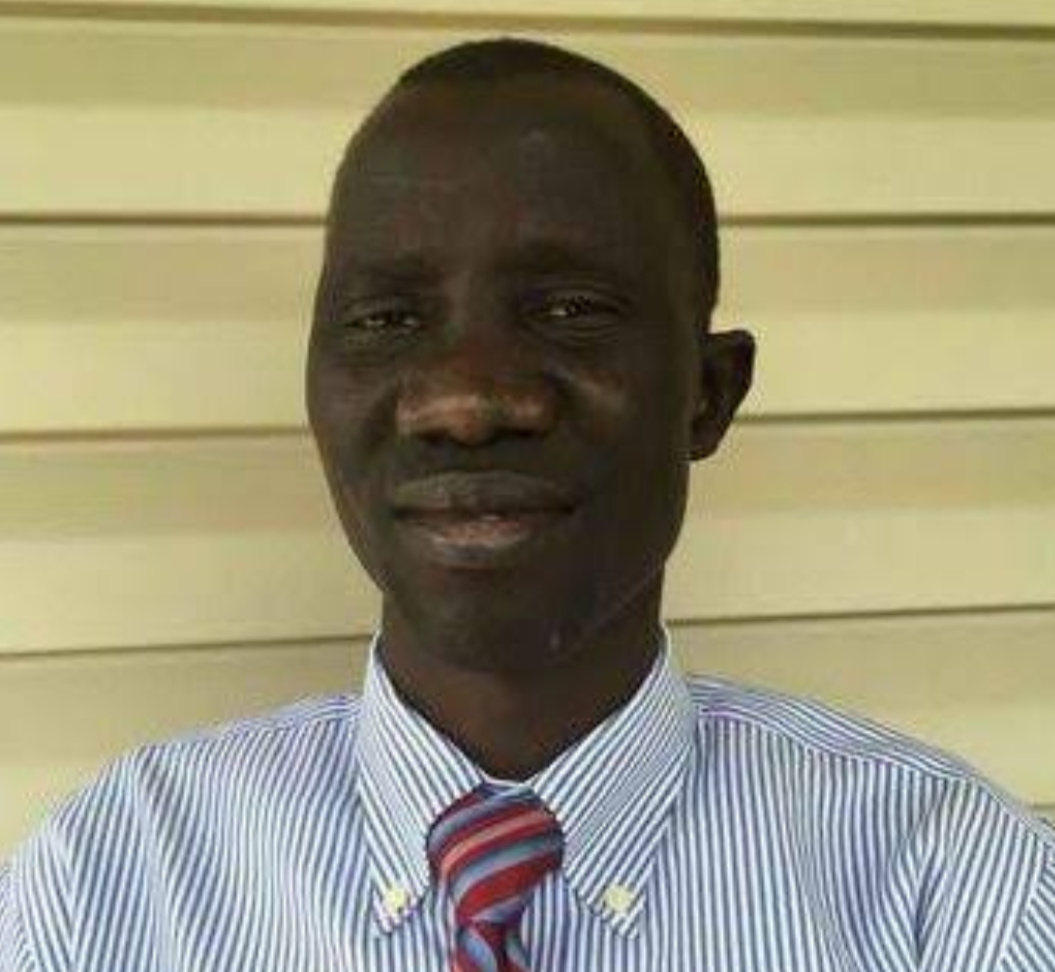
NAIROBI — South Sudan’s efforts to undertake civilian disarmament are facing challenges due to prevailing pockets of insecurity in the youngest nation, an expert said on Friday.
Augostino Ting Mayai, political analyst at the Juba-based Sudd Institute, a think tank, said that it’s hard to undertake a successful disarmament process amid prevailing insecurity as South Sudan emerges from the more than six years of conflict. “It’s human nature for any of us to feel secure before we can hand down anything (arms) that protect us. Disarming the population without first putting in place guarantees, is going to be resisted because the government has not provided sufficient protection for the civilians,” he told Xinhua in an interview in Juba. His remarks came after violent clashes broke out on Aug. 8 between the military and armed civilians when the latter attempted to conduct disarmament in the Tonj East area of Warrap state, leaving more than 148 people killed including soldiers. Mayai observed that the government should focus on holistic disarmament, rather than conducting in particular areas.
South Sudan since winning independence from Sudan in 2011 has been rife with persistent inter-communal violence which often manifests in form of cattle raiding, child abduction and revenge killings. Some of these local militias have often also clashed with government troops. “You need to cover the entire country at the same time. Selective disarmament is going to face some challenges and push back. What we saw in Tonj is not that people don’t want to hand over their arms to the government, it is just that the government has not provided enough security for them,” added Mayai. “The ubiquity of arms in the hands of civilians is definitely causing insecurity issues within the communities, and there is no question about it being an issue to handle. Nevertheless, one would not underestimate the daunting task of making that happen,” he said.
Mayai noted that chronic poverty and other underlying issues such as local security matters are pushing the youth to retain their weapons. “A disarmament practice that is put in the hands of army generals is not going to be sufficient, especially when the population knows that some of these generals are violent,” he noted. “As you are aware the youth will have to defend themselves because the people coming to them are known for violence and not a discussion that will lead to nudging these young people to hand down their arms,” said Mayai.
He disclosed that disarmament takes incentives, adding that forceful disarmament is bound to inflame the situation. “There has to be a government policy that integrates all the views from the community members, youth, community leaders, policymakers and NGOs. It’s not going to be an overnight reaction to the violence by the government because without a strategic plan, you cannot succeed rather you will always inflame the situation,” said the expert.
South Sudan is currently implementing the 2018 revitalized peace deal signed in Ethiopia to end more than six years of conflict since the outbreak in December 2013. The former warring parties despite forming the transitional unity government in February, are still yet to finalize unification of the army which is crucial to guarantee security.





